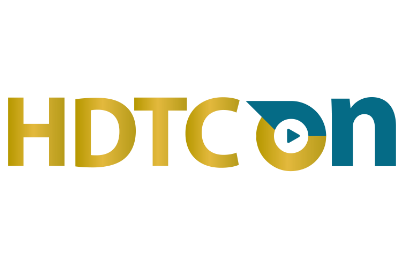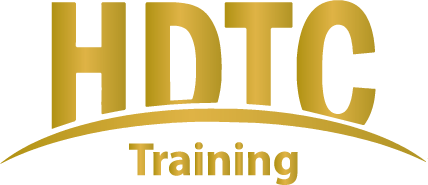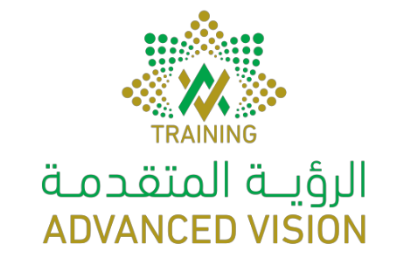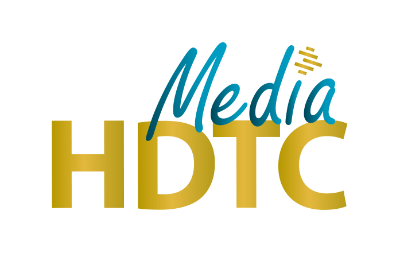Data Science for Business Professionals DSBIZ
The ability to identify and respond to changing trends is a hallmark of a successful business. Whether those trends are related to customers and sales or to regulatory and industry standards, businesses are wise to keep track of the variables that can affect the bottom line. In today's business landscape, data comes from numerous sources and in diverse forms. By leveraging data science concepts and technologies, businesses can mold that raw data into information that facilitates decisions to improve and expand the success of the business.
Course Info
In this course, you will identify how data science supports informed business decisions. You will:
- Explain the fundamentals of data science.
- Identify functions of data science for business.
- Implement business requirements for data science.
Lesson 1: Data Science Fundamentals
Topic A: What Is Data Science?
- Data Science
- The Elements of Data Science
- Data Teams
- Required Skills and Knowledge
- Data Analytics
- Descriptive Analytics
- Types of Descriptive Analytics
- Diagnostic Analytics
- Types of Diagnostic Analytics
- Predictive Analytics
- Types of Predictive Analytics
- Prescriptive Analytics
- Types of Prescriptive Analytics
- Statistical Analysis Concepts
- Related Concepts and Technologies
- Pulling It All Together
- Discussing Data Science and Related Technologies
- Identifying Data Science Opportunities from a Dataset (Optional)
Topic B: Types of Data
- Big Data
- Structured, Unstructured, and Semi-Structured Data
- Open and Proprietary Data
- Data Sources
- Data Repositories
- Discussing Types of Data Used in Data Science Projects
Topic C: The Data Science Lifecycle
- Lifecycle Stages
- Problem Identification
- Data Collection
- Preprocessing
- Exploratory Data Analysis
- Modelling
- Model Deployment
- Communication of Results
- Discussing the Data Science Lifecycle
Lesson 2: Functions of Data Science in Business
Topic A: Improve Customer Experience
- Customer Experience
- Personalized CX
- Sentiment Analysis
- Recommender Systems
- Self-Service Support
- Chatbots and Virtual Assistants
- Improving Customer Experience
Topic B: Improve Marketing Efforts
- Audience Segmentation
- Targeted Advertising
- Campaign Optimization
- Marketing Measurement Analysis
- Improving Marketing Efforts
Topic C: Optimize Organizational and Transactional Security
- Fraud Detection
- Minimization of Loan Defaults
- Reduction of Intellectual Property Theft
- Risk Identification and Mitigation
- Cybersecurity Considerations
- Optimizing Organizational and Transactional Security
Topic D: Enhance Operational Practices
- System or Component Failure
- Sales Forecasting
- Dynamic Pricing
- Customer Churn
- Talent Acquisition
- Transportation and Logistics
- Enhancing Operational Practices
Lesson 3: Implementing Business Requirements for Data Science
Topic A: Develop a Data-Centric Organization
- What Is a Data-Centric Organization?
- Challenges Associated with Building a Data-Centric Organization
- Organizational Preparation
- Team Preparation
- Discussing the Development of Data-Centric Organizations
Topic B: Develop an Implementation Strategy
- Selection of Business Cases for Implementation
- Implementation Investments
- Data Collection Considerations
- Data Preparation Considerations
- Modelling and Deployment Considerations
- Results Communication Considerations
- Developing an Implementation Strategy
Topic C: Identify the Impact of Data Science on Business
- Effects on Overall Business Operations
- Effects on Business Processes and Practices
- Data Issues
- AI-Related Risks
- Discussing the Impact of Data Science on Business
Topic D: Identify Governance Measures
- Ethical Considerations
- Legal and Regulatory Considerations, Frameworks, and Guidelines
- Discussing Governance Measures
The value of data has increased manifold as organizations begin to realize its potential to inform their decision-making and predict likely outcomes. Most organizations need help with what data to capture, how to engineer it for use, and how to apply it to its business challenges. This leads to the creation of data teams, or at least cross-functional data-focused teams, who know the data needed to derive the insights that will deliver value. This is possible for any organization with the right blend of data-focused knowledge and skills.
This course is primarily designed for business professionals and leaders who are interested in growing their businesses by leveraging the power of data science. Other individuals who wish to explore basic data science concepts may also benefit from taking it.
This course is also designed to assist learners in preparing for the CertNexus® DSBIZ™ (Exam DSZ-210) credential.
To ensure your success in this course:
- You should have a working knowledge of general business concepts and practices.
- You should also understand information technology (IT) resources and systems, including networks, computers, and other digital devices used in an enterprise setting
DSBIZ offers business professionals with the necessary knowledge to help make decisions and drive organizational data strategies by understanding data fundamentals, implementation tactics, and potential effects of data-driven solutions.
DSBIZ is intended for business leaders and stakeholders, product and project managers, and anyone interested in growing the business by leveraging the power of data.
This exam will certify that the candidate will have an understanding of what data science is, how it relates to and can benefit business functions, identify potential risks, and demonstrate an understanding of the challenges and milestones of implementing data science and becoming a data-driven organization.
EXAM CODES: DSZ-210
PASSING SCORE: 20 out of 25 (80%)
NUMBER OF ITEMS: 25
ITEM FORMATS: Multiple Choice/Multiple Response/True-False
EXAM DURATION: 20-45 minutes (on average)
EXAM OPTIONS: Online via the CHOICE LMS
